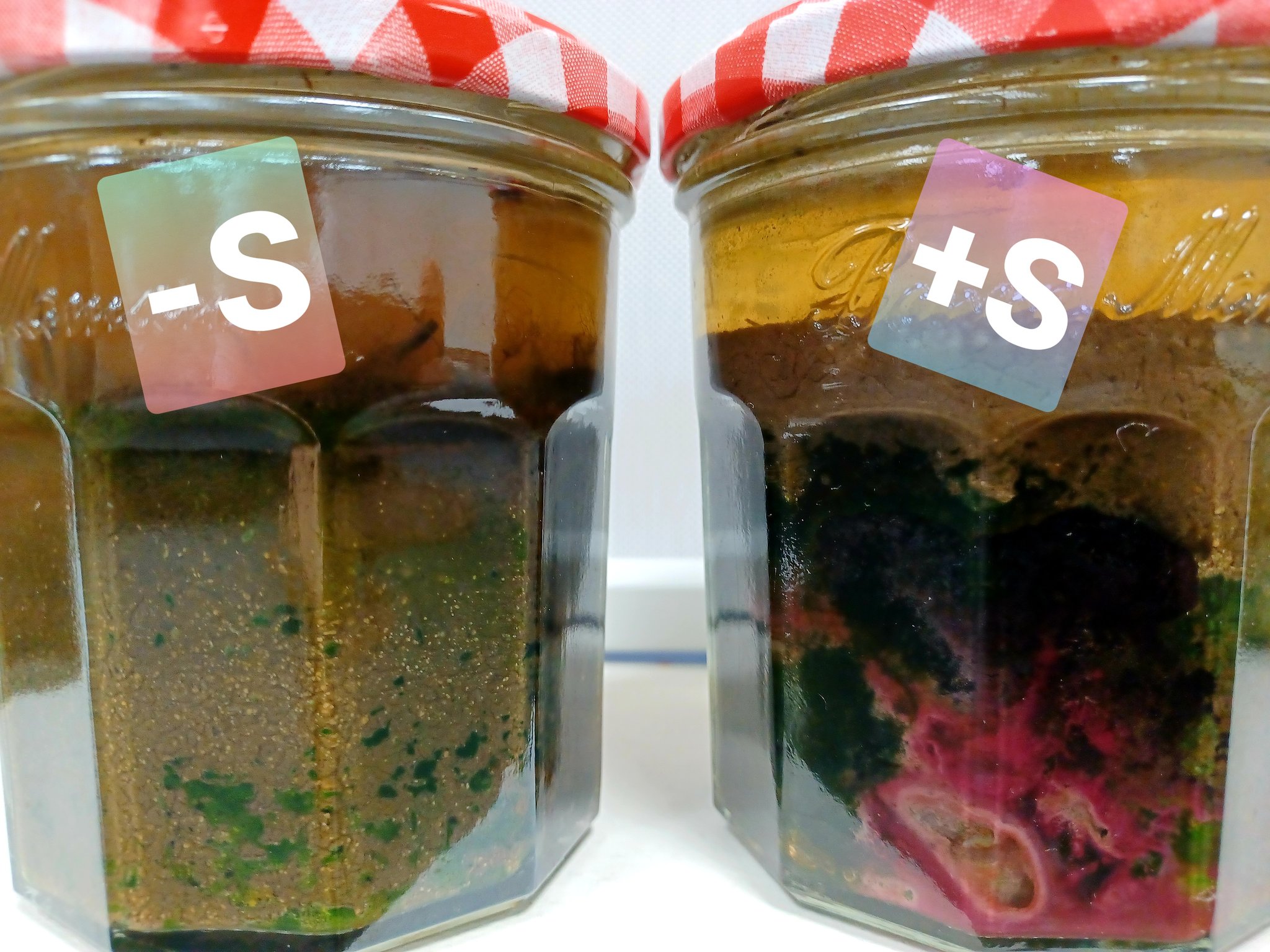Microbes on natural ecosystems

- Number of AU: 3
- Offered: Semester 1
- Course coordinator
Microbial communities are the life support system of our biosphere. Microorganisms date back to the origin of life on Earth and they will likely exist well beyond any future extinction events. They can be found in every environment on Earth that is occupied by macroscopic organisms and are the unique life forms in `extreme? environments (e.g. deep sea vents, earth interior). This is an introductory course that explores how microbes play key roles in and support the complex ecosystems we find in our biosphere. Through the lectures and lab tutorials, Microbes on natural ecosystems provides the background knowledge on fundamentals of microbiology, origin and diversity of microbial world, common methods to study microbes in their environment, how microorganisms control the chemistry of Earth, how microorganisms affect and will be affected by global climate change, to both undergraduate and graduate students.
During the first half of this course, we walk through some basics concepts in microbiology, the diversity within the three domain of life and how microbes control the chemistry of our planet. In the second half, we start by some common techniques used in microbial molecular ecology, and we’ll dive deep into real life high throughput sequencing datasets from distinct oceanic regions. With these datasets and some basic tools, we will describe biogeographic and diversity patterns of specific microbial eukaryotes from the marine plankton.